The best 1440p graphics card in 2025: top picks for midrange GPUs
These are the 1440p graphics cards for high refresh rate gaming
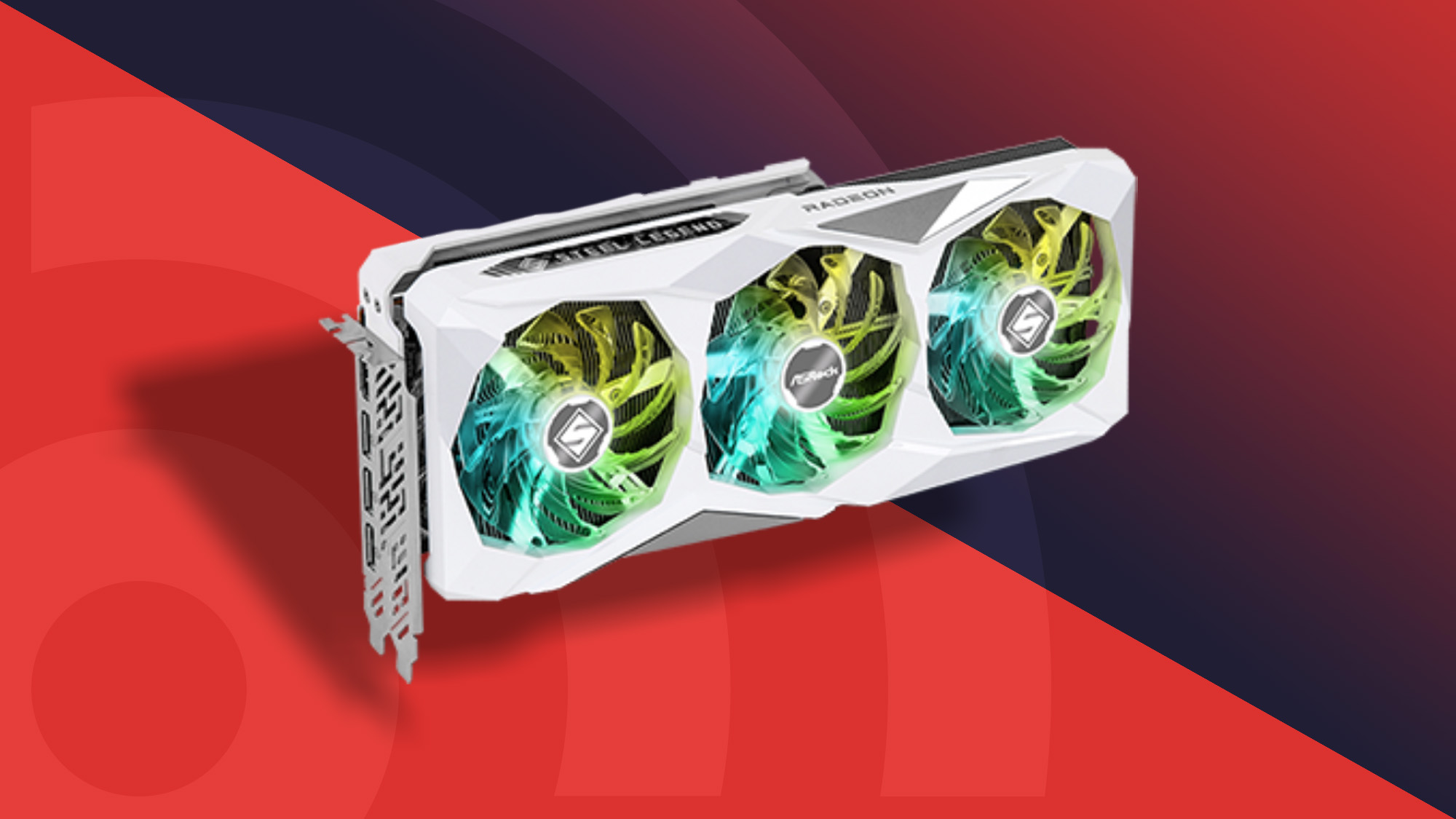
The best 1440p graphics cards deliver an excellent cost-to-performance balance for QHD gaming, a resolution that has rapidly become the go-to choice among top gaming monitors.
Mid-tier GPUs, including the AMD Radeon RX 7900 GRE, show that you can achieve impressive visuals without spending a fortune on premium hardware, making it one of the best graphics cards going in 2025. The Nvidia RTX 4070 Super follows closely behind with a price point under $600/£600.
Though they can’t entirely outclass today’s best 4K graphics cards in raw horsepower, features like Nvidia DLSS 3, AMD FSR, and Intel XeSS upscaling can push certain titles to 2160p resolution with some minor compromises. To help you sort through them all, I've rounded up my top picks to help you get the best out of 1440p gaming without completely wrecking your budget.
The best 1440p graphics cards of 2025
Why you can trust TechRadar
Below you'll find full write-ups for each of the best 1440p graphics card picks on our list. We've tested each one extensively, so you can be sure that our recommendations can be trusted.
The best 1440p graphics card overall
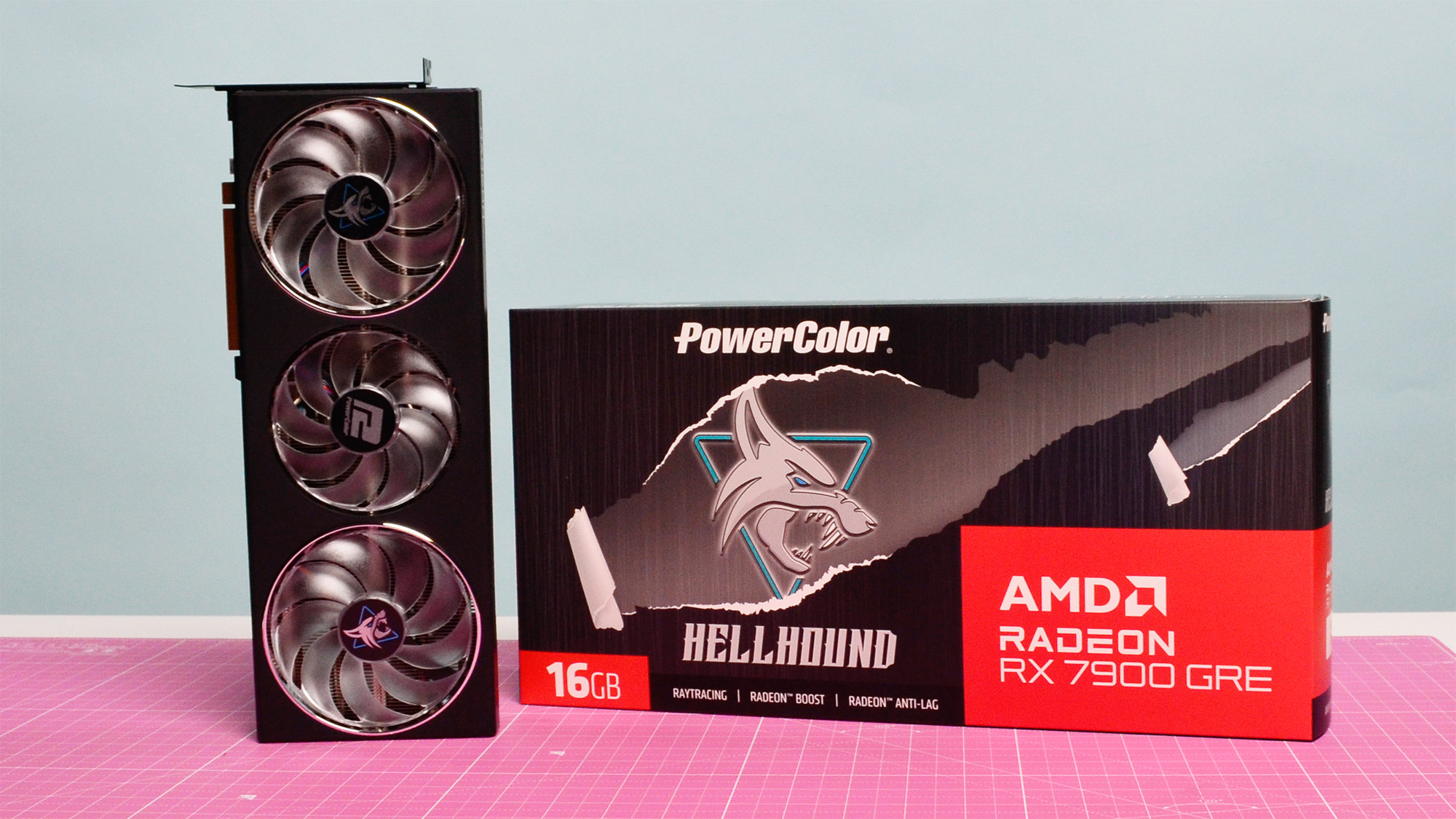
Specifications
Reasons to buy
Reasons to avoid
AMD’s reputation precedes it when it comes to offering unbeatable value at the midrange point for their graphics cards. And the AMD Radeon RX7900 GRE is no exception. Originally a China exclusive, this midrange GPU turned heads upon its release, offering entry-level 4K performance for the same price point as Nvidia’s RTX 4070.
Thanks to a whopping 16GB of VRAM, the RX7900 GRE will easily enable you to game at 4K, with a ray tracing performance that falls only slightly short of the RTX 4070. Elsewhere, it excels for creative use as well, making it an excellent choice for graphic designers, and photo/video editors.
The 7900 GRE boasts best-in-class gaming performance, with a very competitive price tag. On the downside, it struggles to compete with Nvidia when it comes to 3D modeling. However, this is because most 3D modeling software is heavily reliant upon Nvidia’s CUDA, so it’s perhaps not an entirely fair comparison to make.
However, as our review notes, unless you’re specifically looking for a graphics card for 3D modeling, the AMD Radeon RX 7900 GRE is pretty much unbeatable in this price range. We extensively benchmarked this card alongside its closest rivals and found it to be the clear winner in the midrange bracket.
Read the full AMD Radeon RX 7900 GRE
The best Nvidia 1440p graphics card
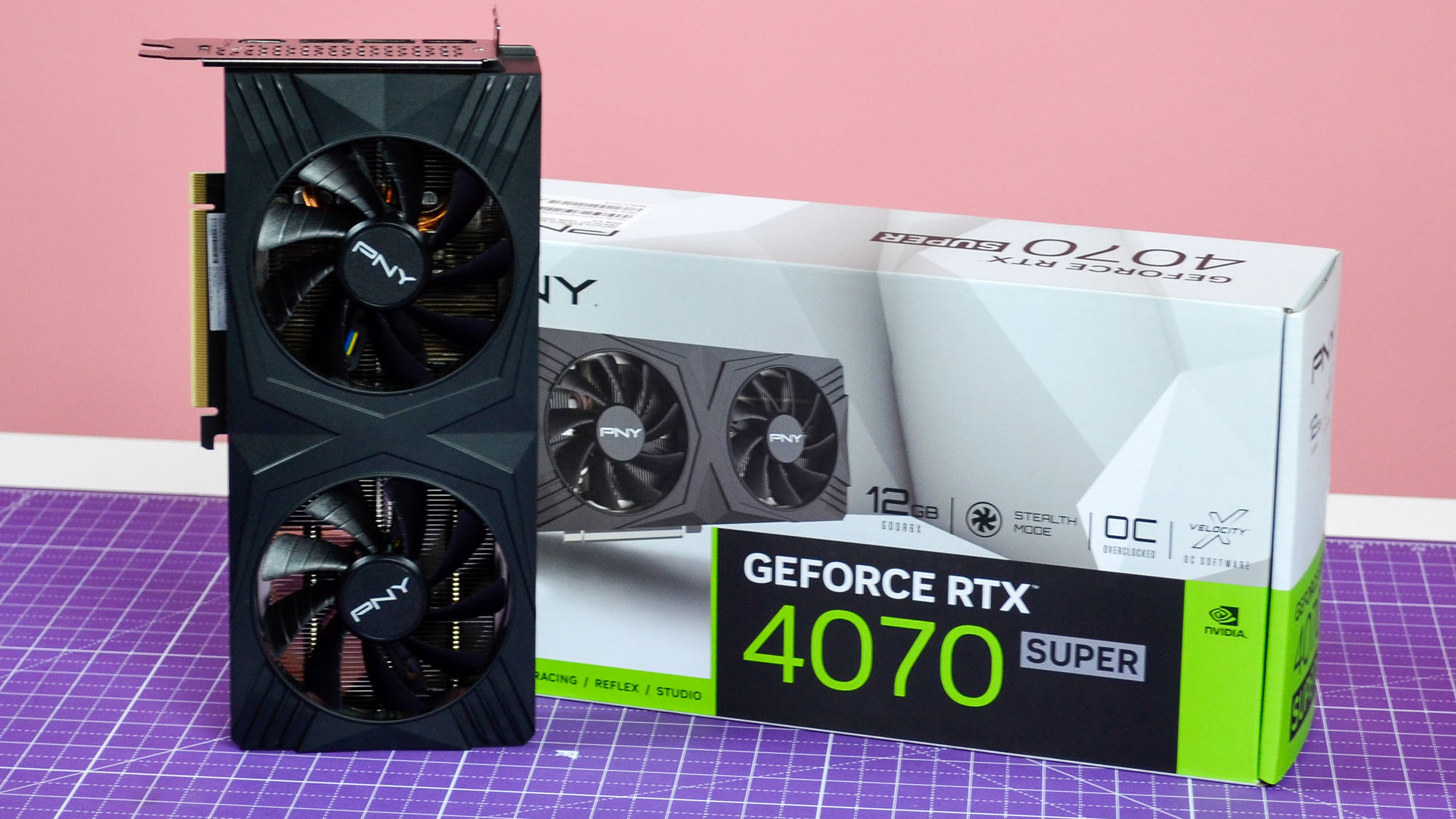
Specifications
Reasons to buy
Reasons to avoid
The Nvidia GeForce RTX 4070 Super has established itself as a superior choice for 1440p gaming since its debut at CES 2024.
Priced similarly to its predecessor yet offering significant improvements, it excels in delivering a high-quality gaming experience at 1440p resolutions. Although the 12GB of GDDR6X VRAM may limit its capabilities at 4K, making the RTX 4080 Super a preferable option for that higher resolution, the RTX 4070 Super shines brightly for 1440p performance.
Featuring more streaming multiprocessors (SMs) and a higher base clock speed than the RTX 4070, it ensures robust graphical processing power. Enhancements like DLSS 3 with Frame Generation and Nvidia Reflex technology further boost its performance, making it an ideal option for gamers aiming for high frame rates and smooth gameplay at 1440p.
While the RTX 4070 Super typically surpasses AMD's RX 7800 XT, especially in ray tracing, it maintains a strong position in the market as the go-to Nvidia graphics card for gamers who prioritize a balance between high-end gaming, content creation, and overall performance at the 1440p level.
Read the full Nvidia GeForce RTX 4070 Super review
The best Nvidia Ampere 1440p card
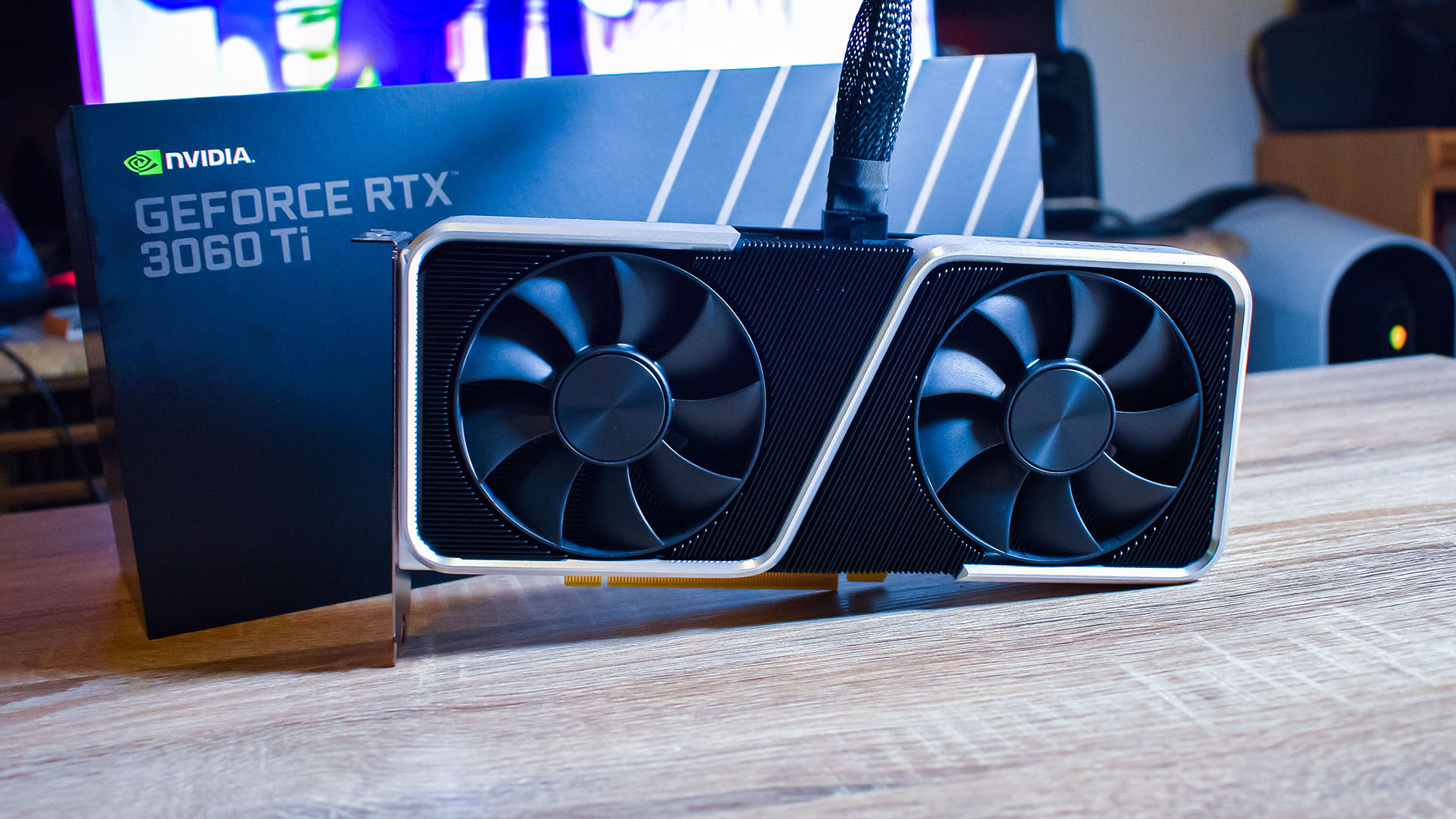
Specifications
Reasons to buy
Reasons to avoid
The Nvidia GeForce RTX 3060 Ti is a very powerful GPU, bridging the gap between 1440p and 4K gaming. It can dabble in that higher resolution for some games, though we found it to struggle a little bit when pushed. But, when it comes to 1440p, the RTX 3060 Ti is rock solid.
Now that ray tracing has been around for a couple of generations, the 3060 Ti does an excellent job of implementing it without too many hits to the performance. While a superb graphics card, and probably more than what most people looking at gaming in 1440p need, it’s not perfect as it comes with an annoying 12-pin power connector that’s not standard. But, you do get an 8-pin adapter. On the plus side, this GPU stays much cooler than its predecessors when running graphically intensive tasks.
Read our full Nvidia GeForce RTX 3060 Ti review
The best AMD RDNA 2 1440p card
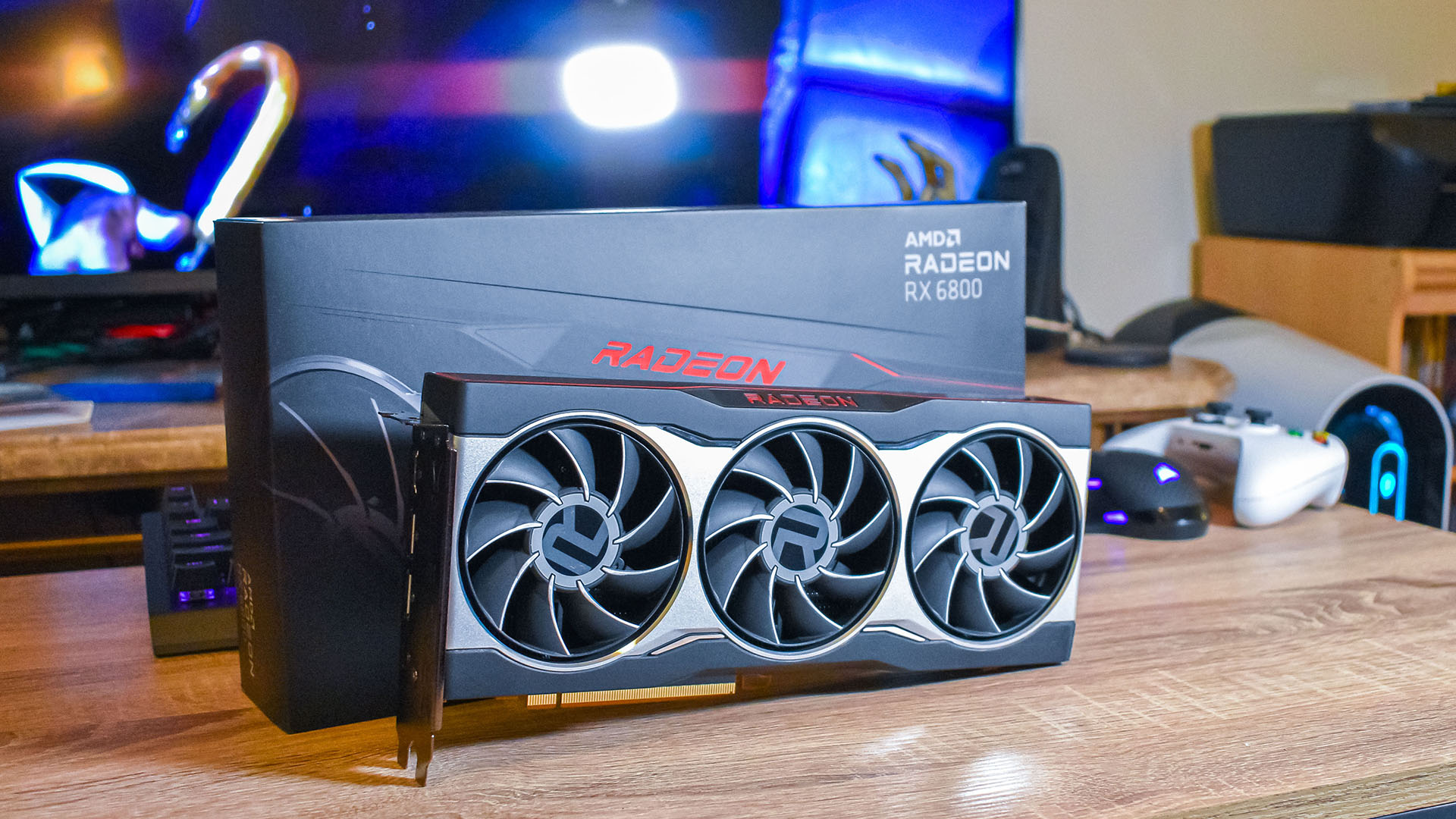
Specifications
Reasons to buy
Reasons to avoid
With the AMD Radeon RX 6800, Team Red proved that it could compete not just in the budget and mid-range markets but on the premium side as well. In particular, it gives its direct rival, the Nvidia GeForce RTX 3070, a run for its money in both performance and value.
We were not only impressed by its thermal efficiency and low power consumption but by its feature set, which includes Radeon Boost for competitive gamers looking for an edge as well as Smart Access Memory which allows you to boost performance when paired with certain AMD CPUs, though you have to go into the BIOs of your computer for that.
Of course, the RX 6800’s performance is on point. Though it can handle 4K gaming, the RX 6800 shines most at 1440p when ray tracing has been enabled.
Read our full AMD Radeon RX 6800 review
The best Intel 1440p graphics card
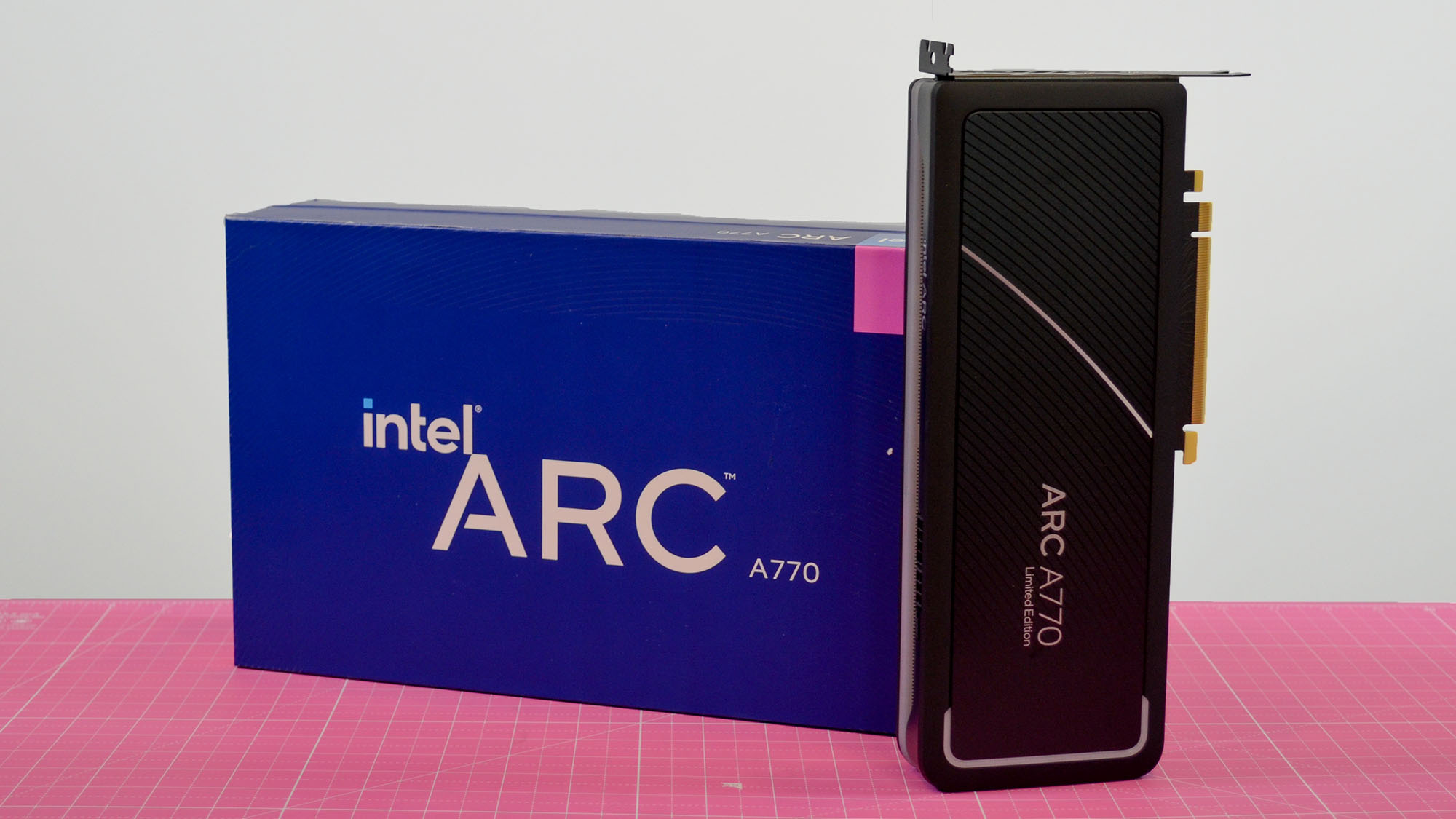
Specifications
Reasons to buy
Reasons to avoid
The Intel Arc A770 has quickly made a name for itself as a formidable contender in the PC gaming arena, particularly for 1440p gaming. As Intel's first flagship discrete graphics card, the A770 breaks into the traditionally AMD and Nvidia-dominated market with impressive capabilities and competitive pricing, providing a welcome alternative for gamers.
Compared to the earlier Intel Arc A750, which struggled with driver issues, the A770 demonstrates marked improvements in stability, compatibility, and performance. Intel's efforts to enhance the Arc series are evident, and the A770's performance trajectory suggests promising developments ahead.
While it may not outperform the top midrange AMD cards, the A770 holds its ground admirably close to the Nvidia GeForce RTX 4060 Ti, especially in ray tracing and hardware upscaling. This capability extends to 4K gaming, where it achieves respectable frame rates with the potential for smoother gameplay through setting adjustments. However, it's at the 1440p resolution where the A770 truly excels, providing solid performance that surpasses many expectations for a card at this price point.
Despite some ongoing challenges with optimization for older DirectX 9 and 10 titles, Intel is actively addressing these issues, reinforcing its commitment to improving performance across a wider range of games. The Intel Arc A770 stands out not just for its performance, but also for its value, offering budget-conscious gamers a robust option for enhancing their 1440p gaming experience.
Read the full Intel Arc A770 review
The best 1440p graphics card: FAQs
What is the best card for 1440p gaming?
The best 1440p graphics card on the market right now is the AMD Radeon RX 7900 GRE for its powerful performance and competitive price point. However, the Nvidia RTX 4070 Super provides a 20% CUDA core boost over the original while matching its price tag, too.
Is 1440p good for gaming?
Yes, 1440p is excellent for gaming in 2025 and is generally favored by more PC gamers when compared to 1080p and more expensive 4K alternatives.
Is 1440p the same as QHD?
Yes, QHD refers to Quad HD as the resolution is 2560 x 1080p. You may also hear it referred to as 2K, but hardware manufacturers usually prefer the former terminology.
How to choose the best 1440p graphics card for you
You need to consider your graphical demands. You shouldn't settle for what you can afford right now if it's not powerful enough to handle your 1440p needs. You're better putting it off for a bit and saving up until you can afford the GPU that's the right fit.
You need to take a look at the vital specs: GPU memory, GPU size, Thermal Design Power or TDP, and ports and power connectors are all important. As are the number of teraflops (or GFLOPS) it has since that indicates the theoretical performance of that graphics card.
If you want the best ray tracing experience, Nvidia is still the king of the castle. However, we're sure that AMD will be upping its ray tracing game in order to compete. If you're into VR games and experiences, you should also make sure that it supports VR as well.
How we test the best 1440p graphics cards
In our graphics card reviews, we maintain a consistent testing process. This includes evaluating their performance through a set of 8-10 games, tested across various resolutions and with the latest drivers.
Moreover, each time a new card is released, we retest all current-generation cards with the same hardware - identical processors, memory speeds, motherboards, and SSDs. This standardization is key to accurately measuring each card's performance and providing reliable comparisons with its rivals.
Our comprehensive reviews also detail each card's power consumption and temperature when under load. Additionally, we assess the features of each graphics card, though these features generally show little variation from one generation to the next.
Today's best 1440p graphics card deals
Get daily insight, inspiration and deals in your inbox
Sign up for breaking news, reviews, opinion, top tech deals, and more.

John (He/Him) is the Components Editor here at TechRadar and he is also a programmer, gamer, activist, and Brooklyn College alum currently living in Brooklyn, NY.
Named by the CTA as a CES 2020 Media Trailblazer for his science and technology reporting, John specializes in all areas of computer science, including industry news, hardware reviews, PC gaming, as well as general science writing and the social impact of the tech industry.
You can find him online on Bluesky @johnloeffler.bsky.social
- Rob WebbContributing Writer
- Michelle Rae UyContributor
- Aleksha McLoughlinContributor